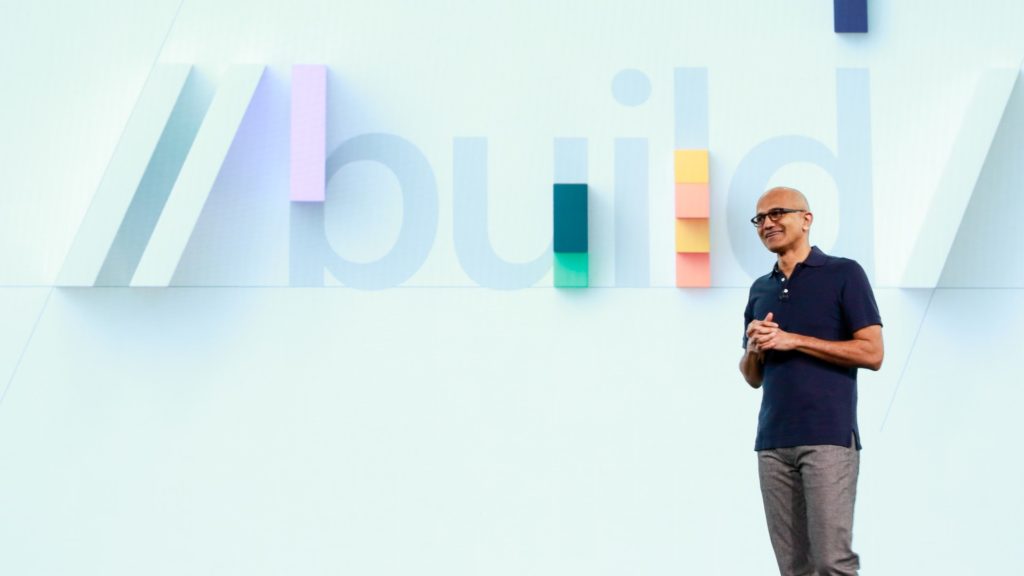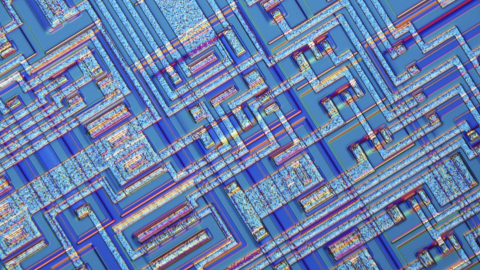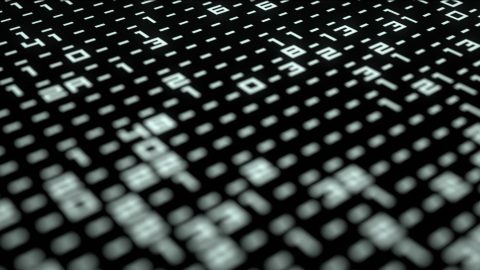Microsoft Build 2019: Innovations for all developers
AI has become part of our daily lives, but as developers we’re still at the beginning of a long journey.
This week at Build, we announced a long list of new technologies that make AI development easier and more approachable for every developer. At the same time, we’ve also shared what’s next for developers through four areas aligned with the pace of AI innovation: autonomous systems, responsible AI, AI for Good and AI democratization.
For each of these areas, we have several tools and resources developers to get started building intelligent technology today.
Developing the new AI frontier — autonomous systems
Autonomous systems is part of a new class of systems now evolving that go beyond basic automation—instead of performing a specific task repeatedly without any variation, autonomous systems are capable of sensing and dynamically responding to changing environments to accomplish a desired goal. Our platform for autonomous systems is based on a new approach to AI development called machine teaching.
From smart buildings to machinery and robotics, engineering experts are infusing intelligence into new and existing systems to achieve more. Learn more about how Microsoft is accelerating the journey from automated to autonomous systems and our limited preview program. We have also released an AI School autonomous systems learning path along with an AI Lab machine teaching project that provides deeper technical information for developers.
Beyond autonomous systems, we’re providing more innovation coming from Microsoft Research with the announcement of the new Cognitive Research Technologies: previously part of the Cognitive Services Labs, these APIs and SDKs provide researchers and developers with an early look at emerging cognitive capabilities – from gesture recognition to knowledge exploration, insights about web URLs, personality for bots, and more.
Building responsible and trustworthy AI
As a developer, you want to design and deploy AI in a responsible and trustworthy manner. We can help you with tools and relevant resources shaped by our learnings that can help mitigate potentially harmful issues like biases, exclusionary practices, and safety and privacy gaps.
For example, we just launched the InterpretML open source software toolkit that gives developers the ability to experiment with a variety of methods for explaining models and systems. Because it’s critically important for people to understand the behavior of AI systems when those systems are being used in ways that impact people’s lives. In other words, data scientists can’t properly debug their models with domain experts if they don’t understand their models’ behavior. Designers must be able to understand how their models behave to convey that information to the end users. That’s why we are extremely excited to partner with the open source community in the quest to make AI more intelligible.
To help developers take the next step in designing responsible bots that build trust with their users, we have published a Responsible Conversational AI Lab and series of AI School modules based on the Responsible Conversational AI guidelines that our researchers published last November. And, check out the Privacy Preserving AI Lab that guides developers through a sample fitness application using homomorphic encryption to protect end user location data.
How AI for Good can help transform the world
There are infinite possibilities when it comes to improving the lives of people around the world with AI. For instance, we developed a Species Classification API as part of our AI for Earth program that can recognize plants and animals in images, empowering citizen scientists to preserve biodiversity. We also built a Land Cover Mapping API that can help people understand how human activity is altering the natural landscape by generating accurate, current land cover data at one-meter resolution.
Now it’s your turn! We’re asking all developers, students and data scientists to turn their AI-inspired ideas into reality with the AI for Good developer challenge. We are looking for breakthrough solutions to tackle any challenge, from advancing environmental sustainability to empowering people with disabilities for example. The top three ideas will win great prizes and a chance to present their ideas on our AI Lab website.
For the challenge, developers can explore the Microsoft AI Platform – from pre-built and customizable services including Azure Cognitive Services, AI for Earth APIs, Conversational AI to customizable services such as Azure Machine Learning. Visit the Idea Challenge cheat sheet for guidance and a list of online resources. The challenge closes on June 26.
Empowering every developer to become an AI developer
None of these innovations would be possible unless we continue to infuse research breakthroughs into our AI platform and provide every developer with the building blocks, resources and opportunities to become an experienced AI developer. We have a variety of resources to get started on AI, including Cognitive Research Technologies, AI Labs, AI Demos, AI School and the Microsoft Professional Program in AI to help developers get started.
Discover these resources with new releases for Build:
AI Labs: Ready to create an AI project? Check out our projects to learn and code real AI, play around with experimental apps, and share your work with others.
AI Demos: Get hands on and experiment with our interactive demos that bring Microsoft AI technology to life. Build these into your apps to create new, personalized, and intuitive experiences.
AI School: Whether you’re brand new to AI or looking to enhance your skills, AI School offers learning opportunities in machine learning, conversational AI, AI services, and intelligent edge AI.
Microsoft Professional Program in AI: Go from a basic introduction of AI to mastery of the skills needed to build deep learning models for AI solutions that exhibit human-like behavior and intelligence.
Top image: Microsoft CEO Satya Nadella talks the crowd at Build 2019.
Related:









